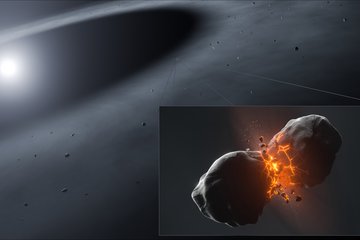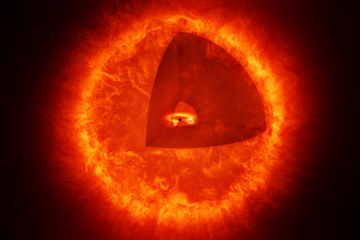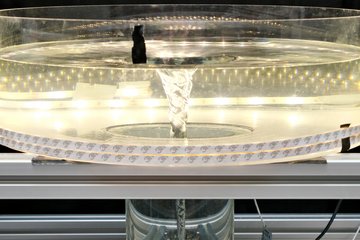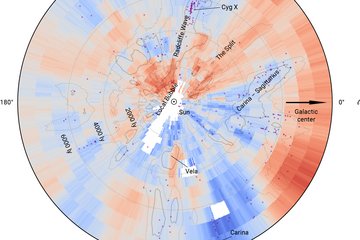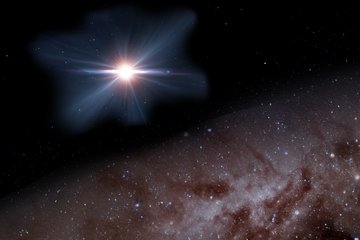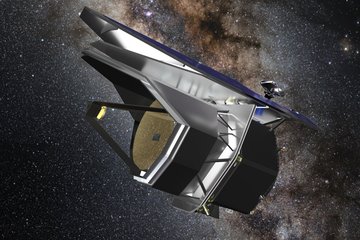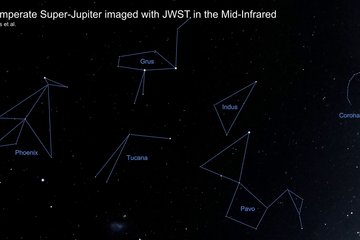Nadine Neumayer heads new Lise Meitner Group at MPIA

Already more than half a century ago, supermassive black holes were assumed to be the source of the enormous luminosity of the rather exotic active galaxies and quasars. The only efficient physical mechanism for the vast emission of radiation across the entire electromagnetic spectrum was found to be the accretion of matter onto supermassive black holes.
A big surprise was then the discovery that many normal galaxies also host such black holes in their centres – even our home galaxy, the Milky Way. Since then, the question of how fundamental such black holes are for the evolution of galaxies has become one of the most important questions in astrophysics.
To answer the questions how supermassive black holes are formed and whether all galaxies have central black holes, Nadine Neumayer and her research group systematically study those galaxies that are in an early stage of development. She is investigating at what point in the evolution of a galaxy a massive black hole at its center is formed, and what conditions are necessary for this to happen.
"I want to find out how supermassive black holes are formed and what influence they have on the development of the universe. I am excited to be able to think about these questions, to create knowledge and to pass this knowledge on. It is great to work in a team of dedicated and talented researchers to develop physical models that help to study the formation and evolution of black holes" says Nadine Neumayer, head of the new Lise Meitner Group "Galactic Nuclei" at MPIA.
Nadine Neumayer is an astrophysicist and works at the interface between observation and data modelling. She studied physics, astronomy and mathematics at the Ruprecht-Karls University of Heidelberg and the University of Cambridge. During her PhD, she worked already at the MPIA. Afterwards, she conducted research at the European Southern Observatory and the Technical University of Munich and has received several awards for her scientific achievements.
The Lise Meitner Excellence Program of the Max Planck Society
Launched by the Max Planck Society in 2018, the Lise Meitner Excellence Program aims to attract outstanding female scientists and to give them the opportunity to pursue a career with equal opportunities. The program aims to identify highly motivated and committed women scientists in the breakthrough phase of their careers and to enable these women researchers to develop in a structured way in order to fill leading positions in science and especially in the Max Planck Society.
Future Stars of Science
Each researcher selected within the Lise Meitner Excellence Programme will be offered the opportunity to participate in a tenure-track procedure which - after a positive vote by the tenure commission - will lead to a permanent W2 position with group equipment. What's more, with this program the Max Planck Society is addressing the future stars of a research field - at a very early stage of their scientific careers. Successful female researchers will then also have a further chance to become directors at a Max Planck Institute.
Webpage Lise Meitner Group "Galactic Nuclei" at MPIA

